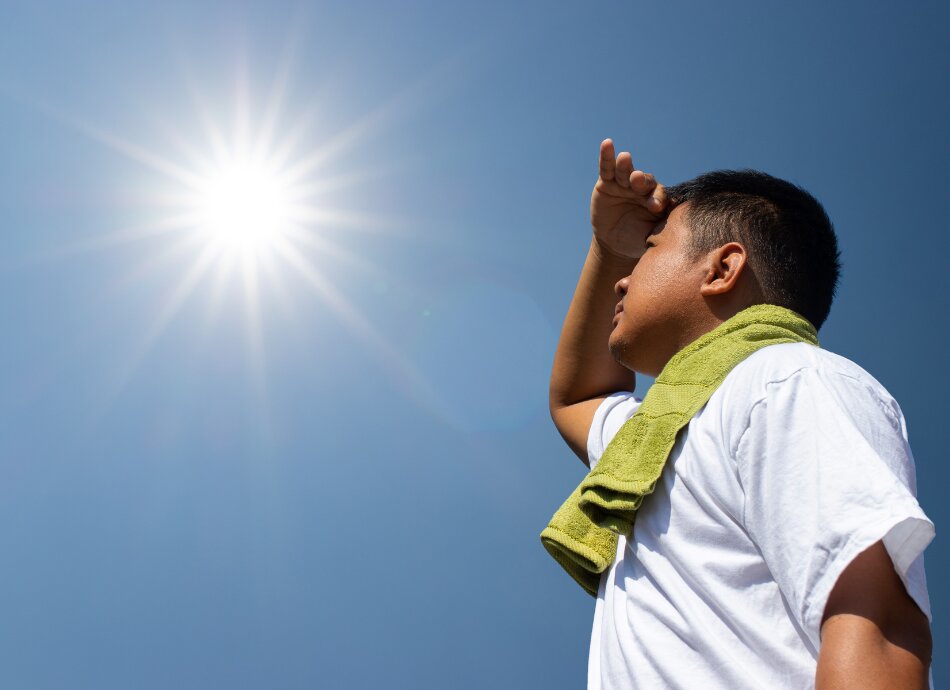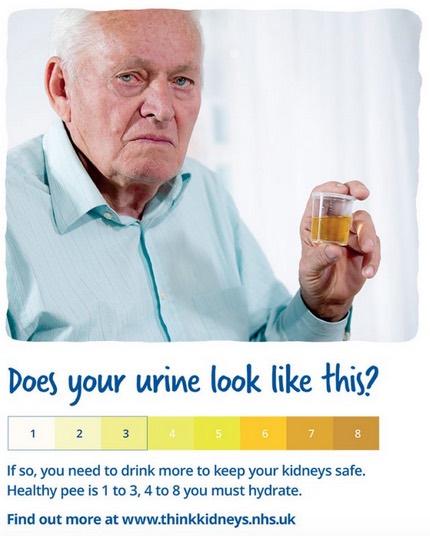For healthy people, the best way to know that you need more fluid is if you feel thirsty.
In the early stages of dehydration (mild dehydration), symptoms include:
- a dry, sticky mouth and tongue
- feeling lightheaded or dizzy
- weakness
- a headache
- feeling very tired – no energy.
As dehydration becomes worse (moderate or severe dehydration), symptoms include:
- extreme thirst
- dry mouth and cracked lips
- urinating (peeing) less
- not peeing for 8 hours (a sign of severe dehydration)
- dizziness when you stand up that doesn't go away after a few seconds
- weakness
- feeling sleepy, tired or confused
- cramping in your arms and legs.
| If you have signs of moderate or severe dehydration, see your doctor or an after-hours clinic immediately or call 111 for an ambulance. |







